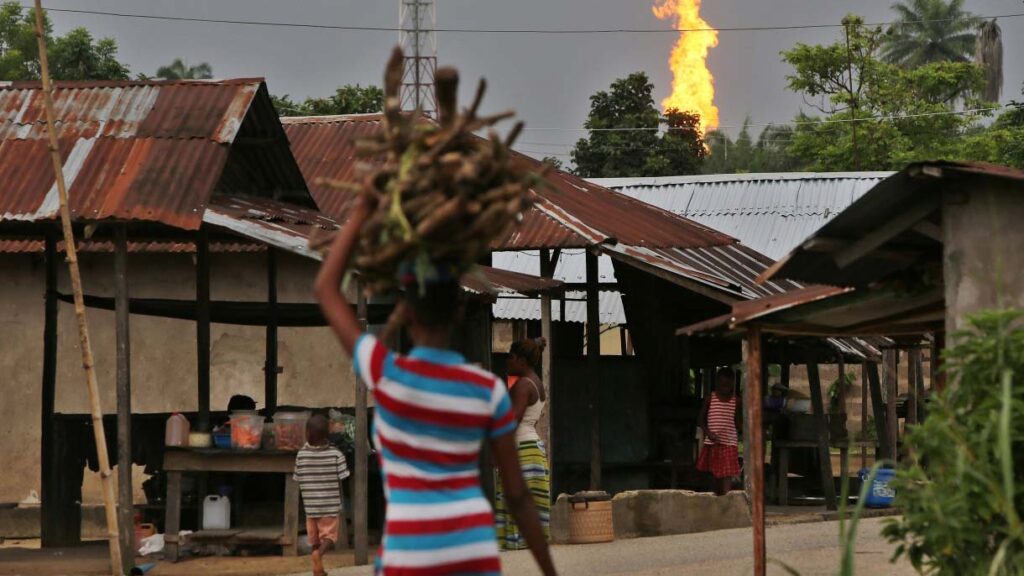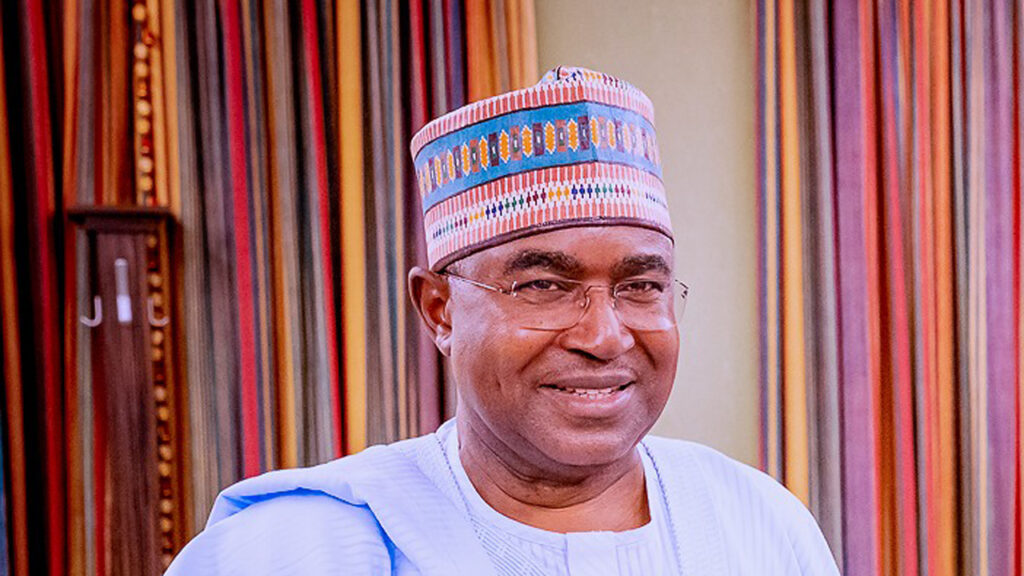
Spaces For Change (S4C) has called on governments to set the legal framework for information disclosure and community engagement processes in large-scale infrastructure projects.
This formed part of the recommendations of S4C at the virtual launch of its latest report, ‘Natural Resource and Benefit-Sharing Negotiations Between Host Communities and Extractive Companies: A Case Study of Assa North and Ohaji South (ANOH) Gas Development Project’ on Monday.
The report is based on the findings of missions and town hall meetings convened by a team of in-house and external researchers at S4C in 13 communities of Ohaji/Egbema Local Council, Imo State, which host the companies involved in the ANOH project and other extractive activities in the area.
According to a statement signed by the Executive Director of S4C, Victoria Ibezim-Ohaeri, “The project represents a bold attempt to change the lopsided power dynamics between companies and communities,” to ensure that the negotiation of the costs and benefits follow a process that meets the criteria for community participation, consultation, as well as free, prior, and informed consent.
She stated: “Governments (federal and state) and/or their agencies and ministries set the legal framework for information disclosure, community consultation and engagement processes in large-scale infrastructure projects.”
S4C, among others, observed that Shell Petroleum Development Company (SPDC) and Seplat Petroleum recognise stakeholder engagement and community development as crucial to the achievement of a stable climate for extractive activities.
It, however, noted significant deficits in the companies’ handling of important issues around land, resettlement, compensation and livelihoods in the communities.
Non-disclosure of critical information, parallel structures of community engagement causing tension, companies unilaterally drafting the General Memorandums of Understanding (GMOUs), and weak regulatory and enforcement mechanisms were also observed during investigation.
This research proceeds upon the premise that communities have a right to benefit from the immense wealth derived from natural resource extractions.
“Benefit-sharing agreements or GMOUs executed between extractive companies and the communities must be accompanied by community access to sound legal representation, independent legal advice and bargaining processes that are representative, inclusive and perceived as fair.
“Host communities must seek expert’s guidance, including collaboration with civil society organisations, during the negotiation of benefit-sharing agreements with extractive companies and demand inclusion, information disclosure, full implementation of commitments in signed agreements and fair compensation for land acquisitions and environmental damage,” the group also recommended.













